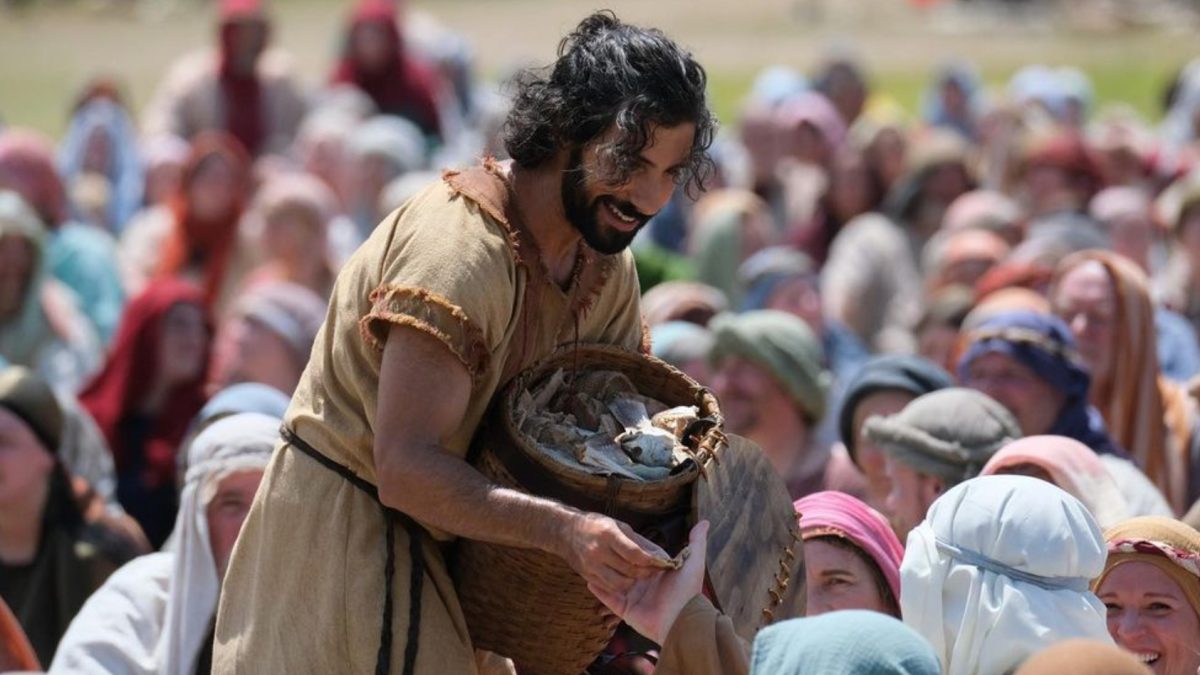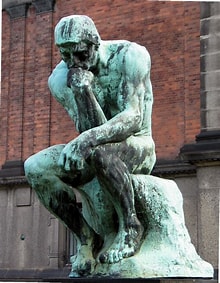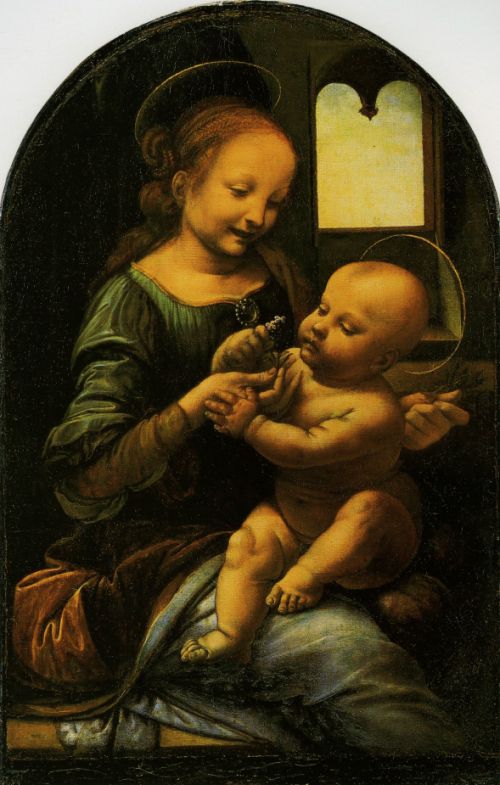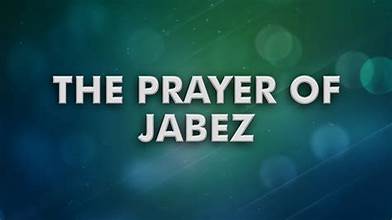Author’s Note
“If you can’t think of anything to say, maybe it’s time to listen.”
This unattributed quote sums up what I felt a year ago as I was struggling to pull together another post for my Bible study blog The Searcher. At that time, I had been publishing my personal Bible study reflections for over a decade and, frankly, I felt like I was running out of things to say. I continued my personal Bible studies, but I quit writing about them. Instead, I chose to listen.
I like to think God gifted me with the ability to string a few cogent words together to communicate a thought or two, particularly as it relates to things I’m learning in scripture. I believe when we study his word, God, through his spirit, honors the time and teaches us things we need to know in whatever season of life we might be experiencing. I trusted that I would feel it when, or if, God wanted me to begin again sharing what he was teaching me.
One year has rolled around and it feels like it is time to start once more. So, for those who wondered why I quit writing, now you know. It was simply time for me to listen with fresh ears and an open heart.
Thanks for your patience.
Transforming Grace
Titus 2:11-14
As the days lead up to Easter, I’ve been reminded through my pastor’s sermon series of God’s wondrous grace offered to each of us through Jesus’ death and resurrection. The price of redemption for our sins has been paid in full. A gift freely given. Undeserved and unmerited.
For it is by grace you have been saved, through faith—and this not from yourselves, but it is the gift of God—not by works so that no one can boast.” (Ephesians 2:8)
This saving nature of grace, I clearly understand and value, but it’s really a gift that keeps on giving.
Paul penned a quick note to Titus, a young pastor he left behind in Crete to carry on the work Paul started. It would not be an easy assignment for Titus. Cretans enjoyed a nasty reputation in the ancient world. Epimenides, a philosopher from Crete who lived in the 6th century B.C., called his fellow Cretans “liars, evil brutes and gluttons.”
Paul spent time in his letter instructing Titus on general themes he needed to teach to the new believers under in care. Sound doctrine. Temperance. Self-Control. Love. Patience. Integrity. Then, he talked about grace. Look at what he said in Titus 2:11-14
For the grace of God that brings salvation has appeared to all men. It teaches us to say “no” to ungodliness and worldly passions, and to live self-controlled, upright and godly lives in this present age, while we wait for the blessed hope—the glorious appearing of our great God and Savior Jesus Christ, who gave himself for us to redeem us from all wickedness and to purify for himself a people that are his very own, eager to do what is good.
That first sentence speaks to saving grace through Christ. Notice, though, that grace doesn’t just save, it teaches. We spend a lot of time singing about his amazing grace that forgives and saves, but we rarely think of grace beyond the cross.
Pastor and author John Piper said, “Grace is not simply leniency when we have sinned. Grace is the enabling gift of God not to sin. Grace is power, not just pardon.”
Look again at what Paul tells Titus. Grace teaches us to say “no” to ungodliness and sin. Such teaching goes beyond simple instruction. The Greek word for teach suggests the entire process of instruction, encouragement, correction and discipline. In essence, grace empowers us to live the abundant life Christ promised through its constant work in our lives. Helping us say no to impulses and desires that run counter to God’s will and yes to obedience to his will, to living in right relationship with God and others and imitating Christ in our attitudes and our actions.
Just as a personal trainer helps us adopt a healthier lifestyle, grace acts as our personal spiritual trainer leading us toward a life that pleases God. Grace doesn’t just save, it transforms.
Do not conform any longer to the pattern of this world, but be transformed by the renewing of your mind. Then, you will be able to test and approve what God’s will is—his good, pleasing and perfect will. (Romans 12:2)
God’s grace purifies and cleanses us, setting us apart as God’s people who are eager to do good.
When his Christian mother died in 1733, six-year-old John Newton lived under the strict and forbidding thumb of his unbelieving, sea captain father whose discipline lacked nurturing and any outward show of love.
As a young man, Newton joined the British Navy. He sailed headlong into a life of depravity and rebellion that led to his deep involvement in the African slave trade. His life sullied by violence and blatant disregard for any moral compass. By his own admission, Newton’s actions were horrific, nothing short of cruel and inhumane.
Caught in a particularly dangerous storm in 1748, Newton found himself in a floundering ship with little hope of rescue, praying in desperation to the God his mother worshipped. That moment, according to Newton, marked the beginning of his transformation into a man of God.
Once safe on land, Newton gave his life to Christ. He immediately abandoned the slave trade to become an Anglican minister, preaching about God’s grace and advocating for the abolition of slavery.
In his autobiography, Newton acknowledged the change that took place in his life when he accepted Christ as savior. He said, “I am not what I ought to be, I am not what I want to be, I am not what I hope to be in another world; but still I am not what I once used to be, and by the grace of God I am what I am.”
Understanding the transforming nature of forgiveness and grace, Newton penned the words of one of the world’s most beloved hymns. Originally written as a poem with 13 verse, Amazing Grace tells the story of how God changed his life.
I have sung that song so many times in my life that I don’t always hear the words. Reading it as the poem written by a transformed soul adds to its meaning. One particular verse caught my attention.
Through many dangers, toils and snares
I have already come.
‘Tis grace that brought me safe this far
And grace will lead me home.
Newton may have penned that last line thinking about grace that provides his way to heaven, but I wonder if the relevant word here might be “lead.” Paul shares that once we receive God’s saving grace, it is the power of grace that leads (guides, teaches, encourages) us to live for Christ. He told the Philippian church,
He who began a good work in you will carry it on to completion. (Philippians 1:6)
The transforming grace of God leads us from that moment forward by reshaping our hearts, making us a new creation, by changing the way we think about life and our responsibility to God as we live it. Creating within us such purified and clean hearts that are eager to do good.
So, here’s the challenge you and I face this week. Let’s thank God not only for grace that pardons, but equally for grace that transforms and empowers us to live Christ-like lives, eager to do good just as he did.
Thinking Points
How does grace differ from mercy and justice?
Why do you think grace is more powerful than guilt for changing behavior?
What area(s) of life is grace currently transforming in you?









